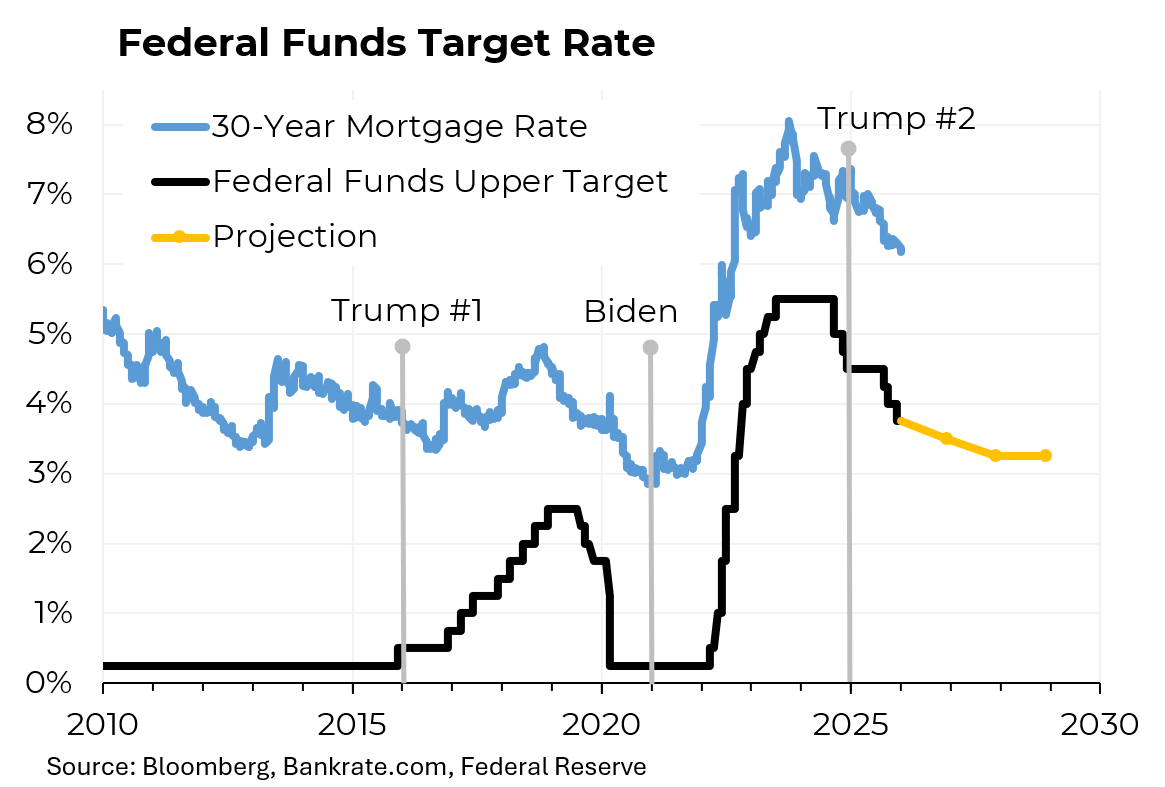Rep. Marjorie Taylor Greene garnered headlines this week when she repeated calls for a national divorce. But she is not alone in that view. A 2021 poll found, for example, two-thirds of southern Republicans in favor of such a split. Another poll, later that same year, had 52% of Trump-voters in favor. What Ms. Greene and others in her camp are missing is how badly a national divorce would work out for the red states.

In general, red states do far better than blue states in their fiscal win/lose status with Washington. Eight states carried by President Biden in 2020 receive less in largesse from Washington than they pay in federal taxes. In contrast, only one red state – Utah – receives less than it pays. The three states who benefit the most from being part of the union are all red states: Kentucky, Mississippi, and West Virginia. (Two blue states also do well: New Mexico because of its large population of Native Americans and Virginia because of its large military presence.)

Why does these disparities exist? In large part because Republican states are generally poorer than Democratic states. Relative to the national poverty rate of 13.2%, the majority of states carried by President Trump in 2020 have above-average poverty rates, led by Louisiana and Mississippi while the vast majority of blue states have below-average poverty rates, with New Hampshire having the lowest poverty rate in the country. (New Mexico is a striking exception to this generality because of high poverty among Native Americans.)
Looked at another way, counties carried by Donald Trump are responsible for only 29% of the nation’s economic output while “Biden counties” generate the other 71%.

The biggest consequence of these varying economic fortunes is that residents of wealthier states pay more in taxes than Americans who live in poorer states. On average, Washington collects $10,000 per year per American (including corporate taxes). In Connecticut, the state with the highest deficit with Washington, the average tax bill is almost $15,000; in Massachusetts, it is only slightly less. By contrast, residents of Kentucky and Mississippi pay $6,600 and $5,700. The median household income in Massachusetts is $86,000, nearly double that of Mississippi’s $47,000 median.
Federal spending also plays a role. Kentucky has the biggest surplus with the national government in large part because of a large federal footprint there: think Fort Knox. In addition, in his many years as Republican leader, Senator Mitch McConnell has been able to direct other money from Washington to his home state. Mississippi ranks second because its poor population (highest poverty rate in the nation) qualifies for a disproportionate amount of Medicaid benefits (in the light blue) as well as modestly more money for programs like Medicare, food stamps, and other social assistance (the dark blue).





